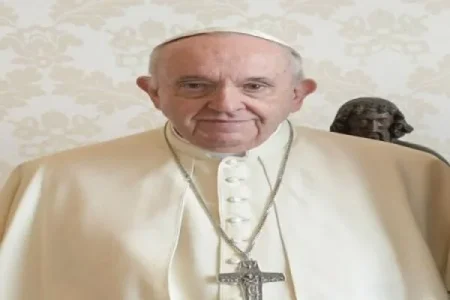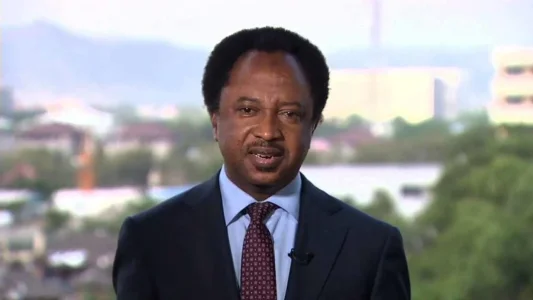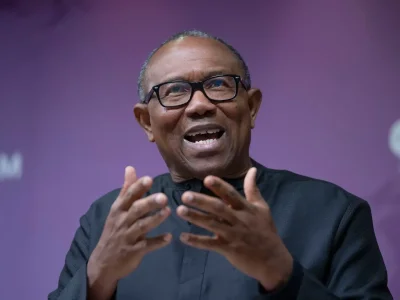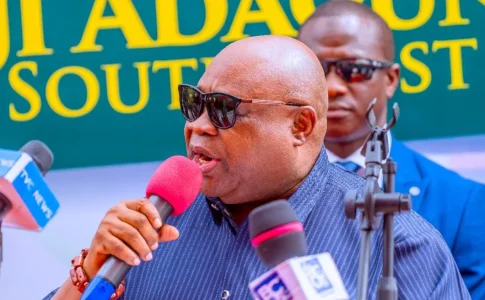
Pope Francis has passed away at the age of 88. His death, announced by the Vatican on April 21, 2025, marks the end of a papacy that reshaped the Catholic Church with a focus on the poor, migrants, and the environment. A key figure in global debates on morality and human rights, his legacy will spark reflection on the Church’s future. Cardinals will soon gather to elect their successor.
Highlights:
- Pope Francis died at 7:35 AM on April 21, 2025, after a recent battle with pneumonia.
- He was the first non-European pope in nearly 1,300 years and has served as the Bishop of Rome since 2013.
- Known for his advocacy for the marginalized, including migrants and the poor, Pope Francis also challenged conservative forces within the Church.
- His death will prompt discussions on the future direction of the Catholic Church and the upcoming papal election.
- Pope Francis was instrumental in countering nationalism, notably opposing Trump’s immigration policies.
Pope Francis was a transformative figure in the Catholic Church, pushing it towards a more inclusive and compassionate approach. His advocacy for the poor and migrants, as well as his stance on environmental issues, positioned him as a global moral leader. Yet, his tenure was not without controversy, especially concerning issues like same-sex relationships and clerical abuse. With his passing, the Catholic Church faces a pivotal moment, one that may define its path forward in a rapidly changing world.
As the world mourns Pope Francis, the coming days will be filled with reflection on his legacy. How will his death shape the future of the Church, and what direction will the next pope take?




